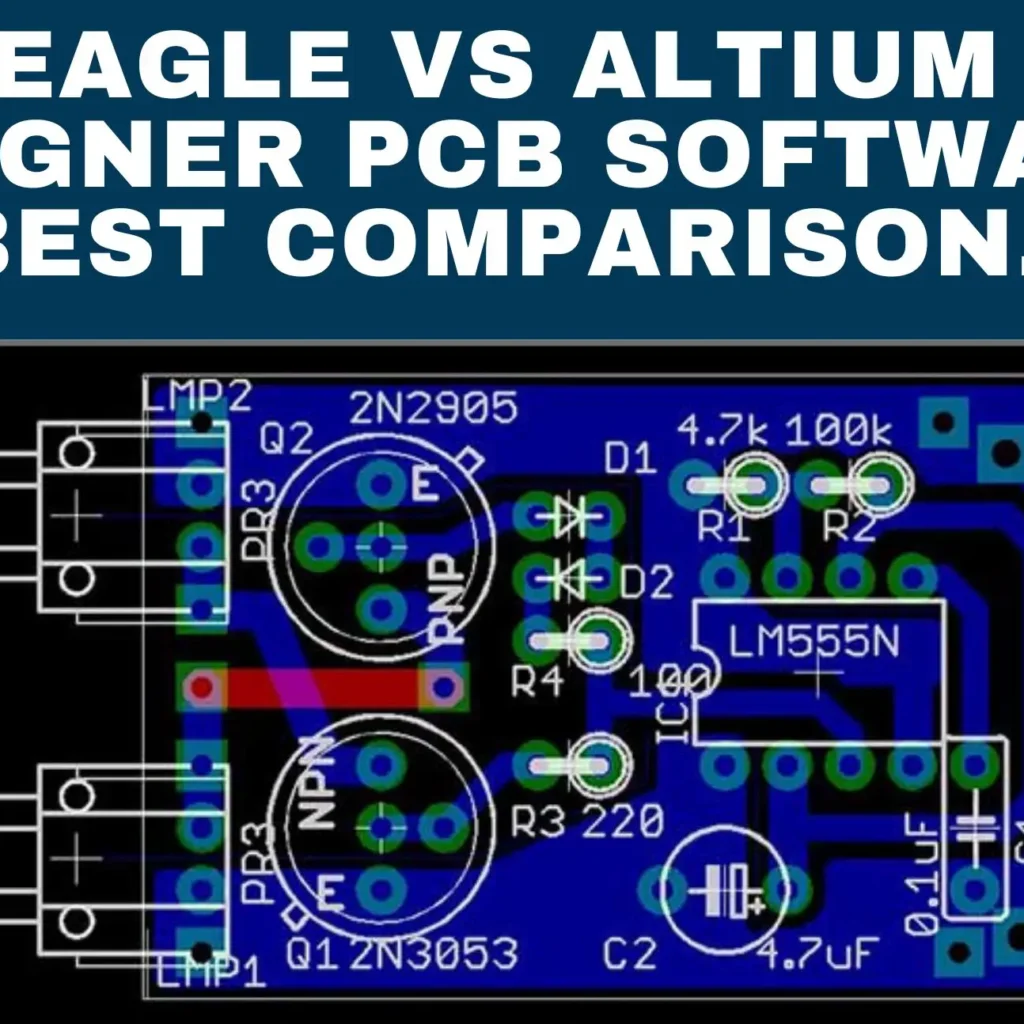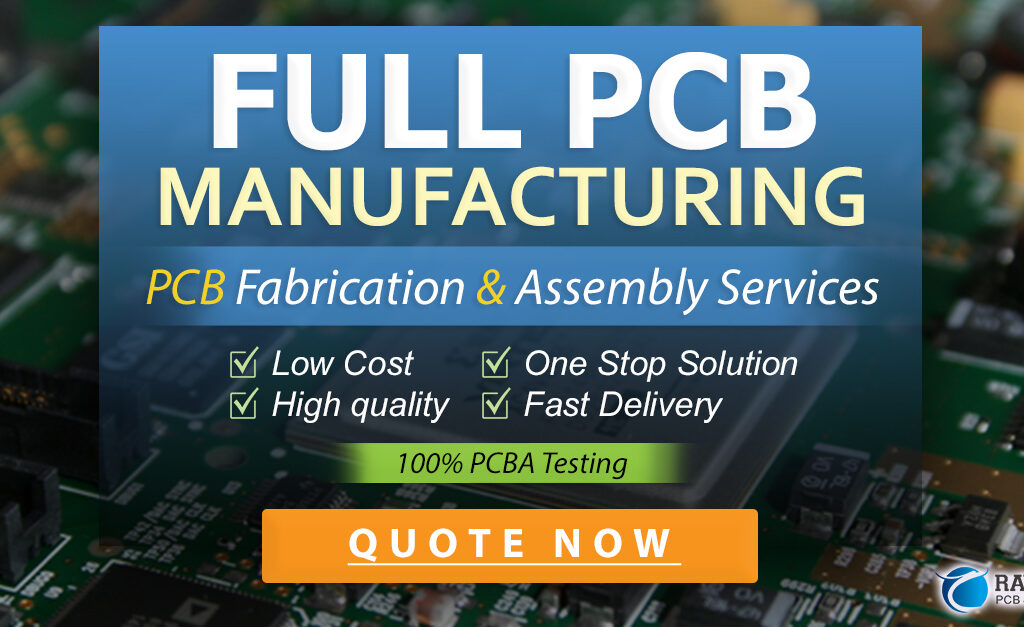How much does it cost to prototype a PCB?
Introduction
When bringing a new electronic hardware product to market, creating a high quality printed circuit board (PCB) prototype is a crucial step. But depending on the size, complexity, quantity, and other factors, PCB prototyping costs can vary widely. This article will break down the major cost factors and provide price estimates for low, medium and high-end PCB prototypes.
Key factors impacting PCB prototype costs

The main drivers of PCB prototype expenses include:
PCB size
In general, the larger the board, the higher the cost due to increased materials and more complex production.
Layer count
More layers means higher costs as it requires additional materials, processing, and quality inspection.
Advanced PCB finishes
Special finishes like ENIG or immersion silver add expense compared to standard HASL.
Quantity
Prototypes have high setup costs, so per unit price drops significantly at higher quantities.
Testing
Additional verification and test runs increase costs but reduce risks.
Lead times
Rushed turnarounds are usually much pricier than standard or extended times.
Component sourcing
Sourcing components vs supplying a kit adds labor and logistics costs.
Complexity
High-density designs require more engineering effort and production care.
High layer counts, advanced finishes, low quantity, and tight lead times generally characterize higher-end PCB prototypes. On the other end, low complexity and more standard attributes keep costs down.
The following sections provide PCB prototype cost estimates based on these factors.
PCB prototype cost scenarios
Here are typical price ranges for low, medium and high-end PCB prototypes:
Low-end
A simple double sided board with just a few components and standard finish can cost as little as $200-300 for 10 pieces with 2 week lead time.
| Parameter | Specification |
|-|-|
|Layers | 2 |
|Board Size | Up to 100 x 100 mm |
|Quantity | 10 boards |
|Lead Time | 10-15 days |
|Finish | HASL |
|Testing | Basic electrical |
| Total Cost | $200-300 |
Medium complexity
A more complex, medium sized board with 4-6 layers and basic component sourcing may cost $2,000-3,000 for a prototyping run.
| Parameter | Specification |
|-|-|
|Layers| 4-6 |
|Board Size| Max 200 x 200 mm |
|Quantity| 10 boards |
|Lead Time| 1 week |
|Finish| Immersion Silver |
|Testing| Full functional test |
|Components| Basic sourcing |
|Total Cost| $2,000-3,000|
High-end
For more advanced PCBs with high density designs, 8+ layers, and expedited lead times, prototypes can cost $5,000 to $10,000+.
| Parameter | Specification |
|-|-|
|Layers| 8+ |
|Board Size| Max 250 x 250 mm |
|Quantity| 5 boards |
|Lead Time| 3-5 days |
|Finish | ENIG |
| Testing | Environmental stress, X-ray |
|Components | Turnkey sourcing/kitting |
|Total Cost | $5,000-10,000+ |
In general, $1,000 per board is typical for high complexity, low quantity PCB prototype orders.
Driving down PCB prototype costs
Here are some tips to reduce expenses:
- Allow longer lead times to use cheaper manufacturing methods
- Limit board size as much as possible
- Reduce layers if feasible by optimizing design
- Only use advanced finishes where needed, not across entire board
- Invest in additional testing to reduce downstream errors
- Reuse existing proven schematics/layouts when possible
- Partner with experienced factory to optimize manufacturing process
- Order larger quantities to amortize high setup costs
- Use modular designs to avoid reinventing everything in next version
Building in margin for additional test runs and design tweaks will also mitigate costs over a prototyping project.
Impact of quantity on per unit costs
Due to large fixed costs for programming, testing, materials preparation, and setup, unit costs drop dramatically at higher production volumes, even in small increments of 5-10 boards.
The graph illustrates potential savings increasing low-volume orders from 5 to 10 to 25 boards:
| Quantity | 5 boards | 10 boards | 25 boards |
|-|-|-|-|
| Cost per board | $2,000 | $1,500 | $800 |
| Total cost | $10,000 | $15,000 | $20,000 |
When to expect PCB prototype costs to decrease
For low to medium complexity designs, expect per board cost decreases after an initial run of:
- 10-25 boards for 2-4 layer designs
- 25-50 boards for 4-6 layer designs
- 50-100 boards for 6-8 layer designs
High complexity boards with strict density, signal, or impedance requirements may not see cost improvements until 100+ quantity.
Should you DIY prototype PCBs?
Some engineers attempt to DIY prototype PCBs either through home etched boards or milling machines before sending to a full factory. While seeming cost-effective, this strategy has several downsides:
- Limited production capability in size, layers, and complexity
- Much more time intensive for design revisions
- Higher likelihood of errors catching issues late
- DFM principles not applied from start
- Soldermasks and legend printing not available
- No economies of scale in cost
For even medium complexity professional-grade products, DIY prototyping is rarely advisable. The value of experienced manufacturing partners early on typically outweighs any small cost benefits.
Choosing the right PCB prototyping partner
Not all PCB manufacturers are created equal when it comes to prototyping services. Several key factors to evaluate include:
Engineering support – For prototyping efficiency, a highly responsive engineering team to evaluate design practicality and make recommendations is invaluable. This allows preventing issues proactively rather than learning through errors.
Quality processes – Stringent quality checks through verifications, testing, inspection and analysis ensure boards function as designed. Try to understand full validation procedures.
Responsive project management – As delays are unacceptable for prototyping projects, excellent communication and fast turnarounds on quotes, questions, and iterations is vital.

Scalability – Even if starting with small batches, consider if manufacturer has capability, experience, and quality to scale up production runs cost-effectively in future.
Conclusion
While prototyping complex technology like PCBs attracts high costs, choosing the right design strategy and manufacturing partner can maximize value delivered. With realistic budgeting based on design complexity, order quantities, and quality needs, developers can achieve high functioning prototypes efficiently. This kickstarts the product development process while de-risking downstream efforts as you transition from prototype to production.
FAQ
Here are answers to frequently asked questions on PCB prototype costs:
Q: What are typical PCB prototype order quantities?
A: For initial concept verification, orders of 5-10 boards are common. As testing expands, batches of 10-25 allow assessing more use cases cost-effectively. For beta field trials, 50-100 boards is typical.
Q: How much does low volume PCB assembly cost?
A: For assembling a few hundred components on prototype runs, expect assembly expenses from $500 – $5,000 depending complexity. Higher component counts and more complicated parts increase costs.
Q: Should I pay extra for faster lead times on first prototypes?
A: Yes, the urgency of testing concepts to uncover flaws outweighs immediate cost savings from longer lead times for initial prototypes. Faster feedback ultimately reduces total project costs.
Q: Can I estimate costs based solely on board size?
A: No, as layer count, density, quantity, components, and lead time also impact expenses, size alone does not provide an accurate estimate. Get a formal quote with all key parameters provided.
Q: Is it less expensive to order from domestic or overseas PCB manufacturers?
A: For low complexity boards and flexibility on lead times, domestic manufacturers can be cheaper for prototypes below 25-50 boards. Otherwise overseas production benefits from immense economies of scale.




